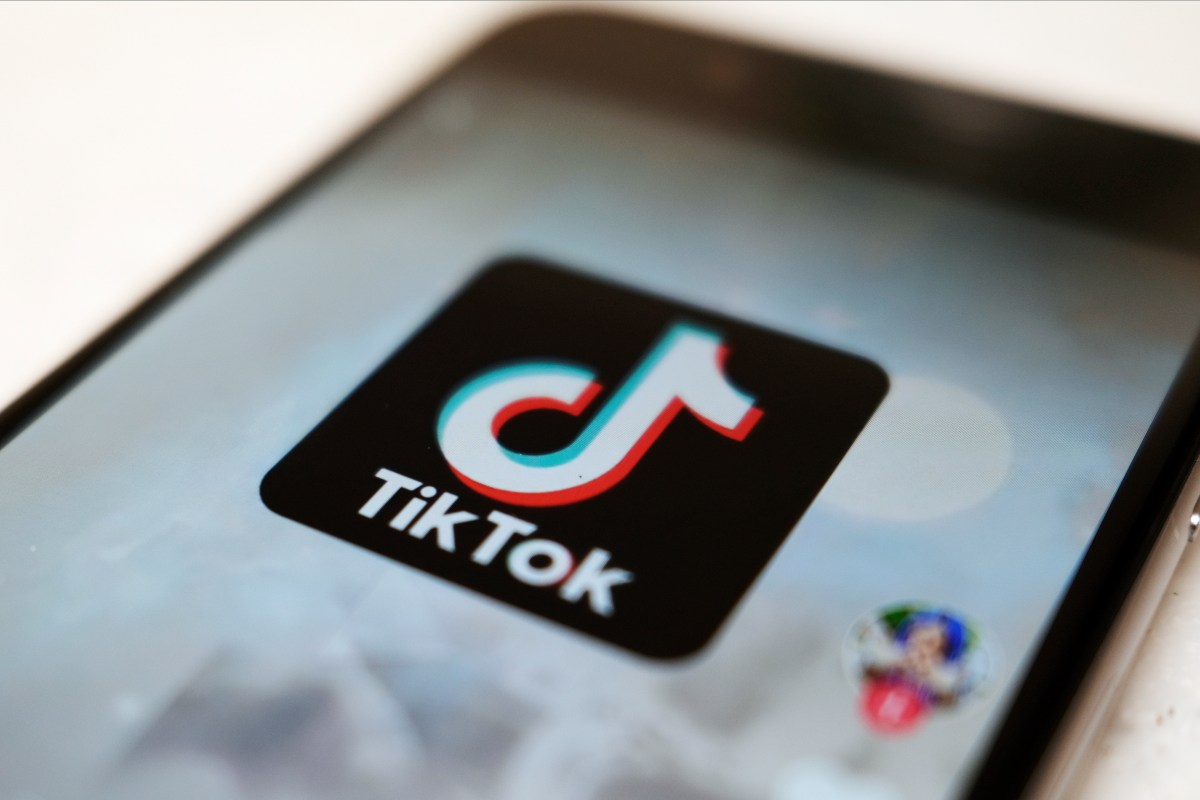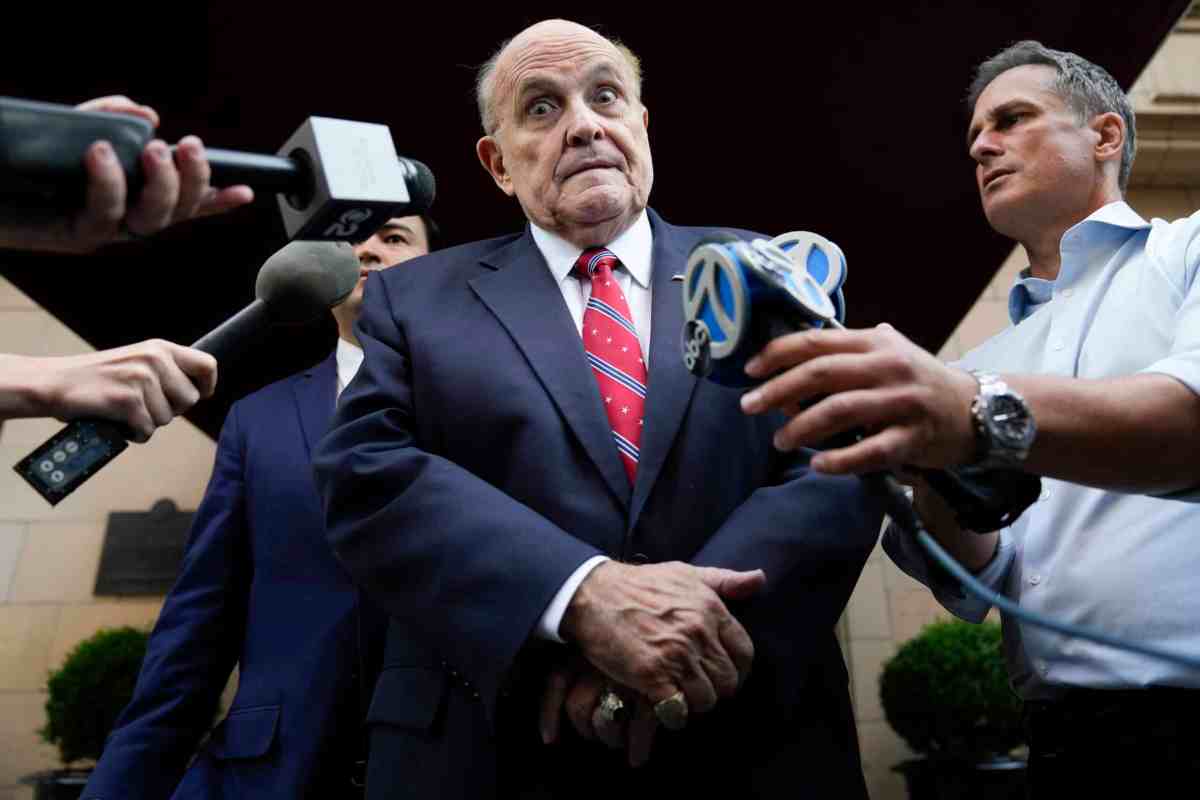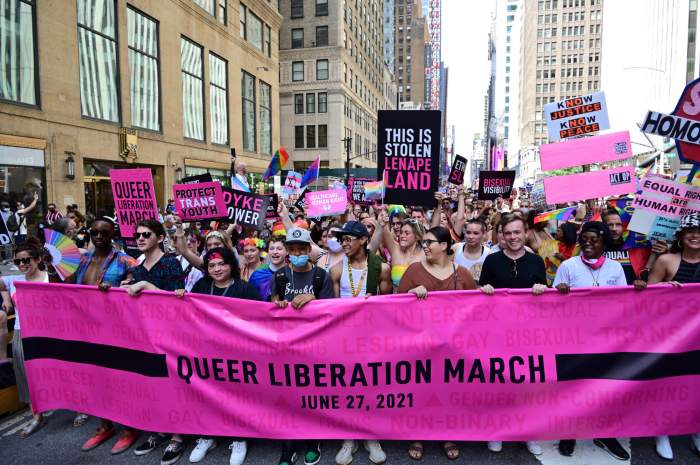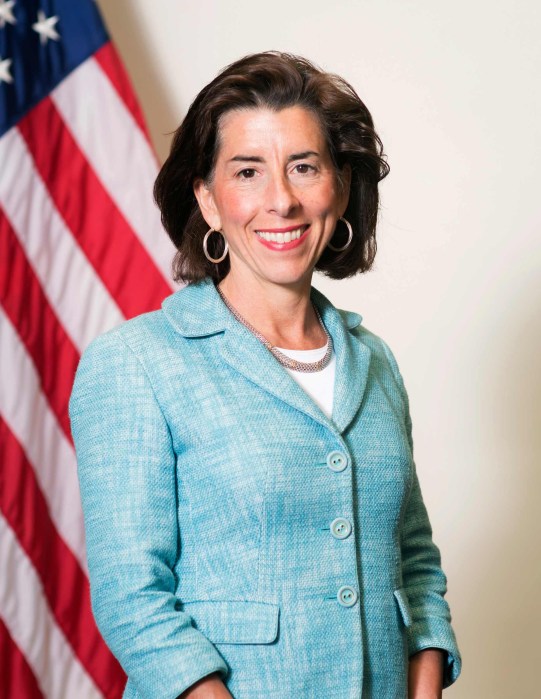Eight TikTok content creators sued the U.S. government on Tuesday, issuing another challenge to the new federal law that would ban the popular social media platform nationwide if its China-based parent company doesn’t sell its stakes within a year.
Attorneys for the creators argued in the lawsuit that the law violates users’ First Amendment rights to free speech, echoing legal arguments made by TikTok in a separate lawsuit filed by the company last week. The legal challenge could end up before the Supreme Court.
The complaint filed Tuesday comes from a diverse set of content creators, including a Texas-based rancher who has previously appeared in a TikTok commercial, a creator in Arizona who uses TikTok to show his daily life and spread awareness about LGBTQ issues as well as a business owner who sells skincare products on TikTok Shop, the e-commerce arm of the platform.
The lawsuit said the creators “rely on TikTok to express themselves, learn, advocate for causes, share opinions, create communities, and even make a living.”
“They have found their voices, amassed significant audiences, made new friends, and encountered new and different ways of thinking—all because of TikTok’s novel way of hosting, curating, and disseminating speech,” it added, arguing the new law would deprive them and the rest of the country “of this distinctive means of expression and communication.”
A spokesperson for TikTok said the company was covering the legal costs for the lawsuit, which was filed in a Washington appeals court. It is being led by the same law firm that represented creators who challenged Montana’s state-wide ban on the platform last year. In November, a judge blocked that law from going into effect.
The federal law comes at a time of intense strategic rivalry between the U.S. and China on a host of issues and as the two have continued to butt heads over sensitive geopolitical topics like China’s support for Russia in its invasion of Ukraine. U.S. lawmakers and other administration officials have aired concerns about how well TikTok can protect users’ data from Chinese authorities and have argued its algorithm could be used to spread pro-China propaganda, which TikTok disputes.
Under the law, TikTok’s parent company ByteDance would be required to sell the platform to an approved buyer within nine months. If a sale is in progress, the company will get a three-month extension to complete the deal.
However, TikTok and ByteDance said in their lawsuit last week that they would still have no choice but to shut down by next Jan. 19 because continuing to operate in the U.S. wouldn’t be commercially, technologically or legally possible.
They asserted it would be impossible for ByteDance to divest its U.S. TikTok platform as a separate entity from the rest of TikTok, which has 1 billion users worldwide — most of them outside of the United States. A U.S.-only TikTok would operate as an island that’s detached from the rest of the world, the lawsuit argues. It also said the Chinese government – which would need to approve such a sale – has “made clear” it would not permit a sale of the recommendation algorithm that populates users’ feeds and has been the “key to the success of TikTok in the United States.”
In an interview, Brian Firebaugh, the Hubbard, Texas-based rancher who is part of the creator lawsuit, said he started his TikTok account in 2020 to help establish his brand and market the cattle-related products that he sells online. That decision allowed him to quit his full-time job and live off the income he was making from TikTok, where he currently has more than 430,000 followers.
Firebaugh, 44, said TikTok has also helped him build an online community with other ranchers and gave him the opportunity to participate in a Netflix reality show where his winnings allowed him and his wife to afford the adoption process for their son. Losing TikTok, he said, would disrupt everything.
“One hundred percent of our customers come from TikTok,” Firebaugh said. “For that to go away, you’re now stealing money out of my family’s mouths.”
Chloe Joy Sexton, a 29-year-old content creator who lives in Memphis, Tennessee, and runs a cookie business called Chloe’s Giant Cookies, said she started experimenting with TikTok four years ago after losing her prior job. Sexton said she had been posting content on other social media platforms, but only TikTok created a viral trajectory for her baking. Today, she has more than 2 million followers on the app, where she has also shared more intimate details about her life, such as losing her mother to brain cancer and subsequently adopting her little sister.
“There has been no evidence whatsoever that my information is in danger or anybody else’s,” said Sexton, who is one of the plaintiffs in the lawsuit. “Nobody has provided that – not the government, not anybody else. And to base this purchase, this tug of war that changes my life off of a hypothetical is so hurtful to me personally, because my government at that point is not protecting me.”
The creators are asking the court to issue a declaration saying the law is unconstitutional and an order that would prevent Attorney General Merrick Garland from enforcing it.























